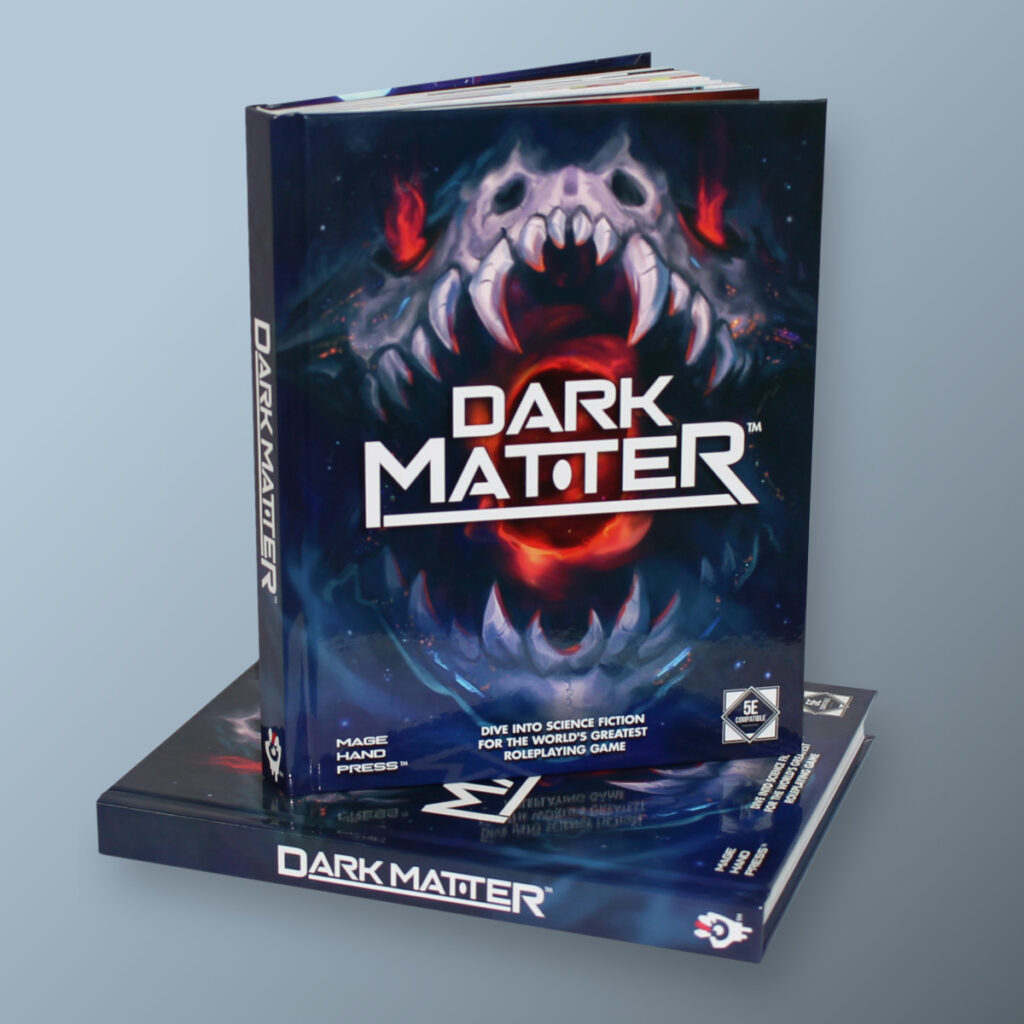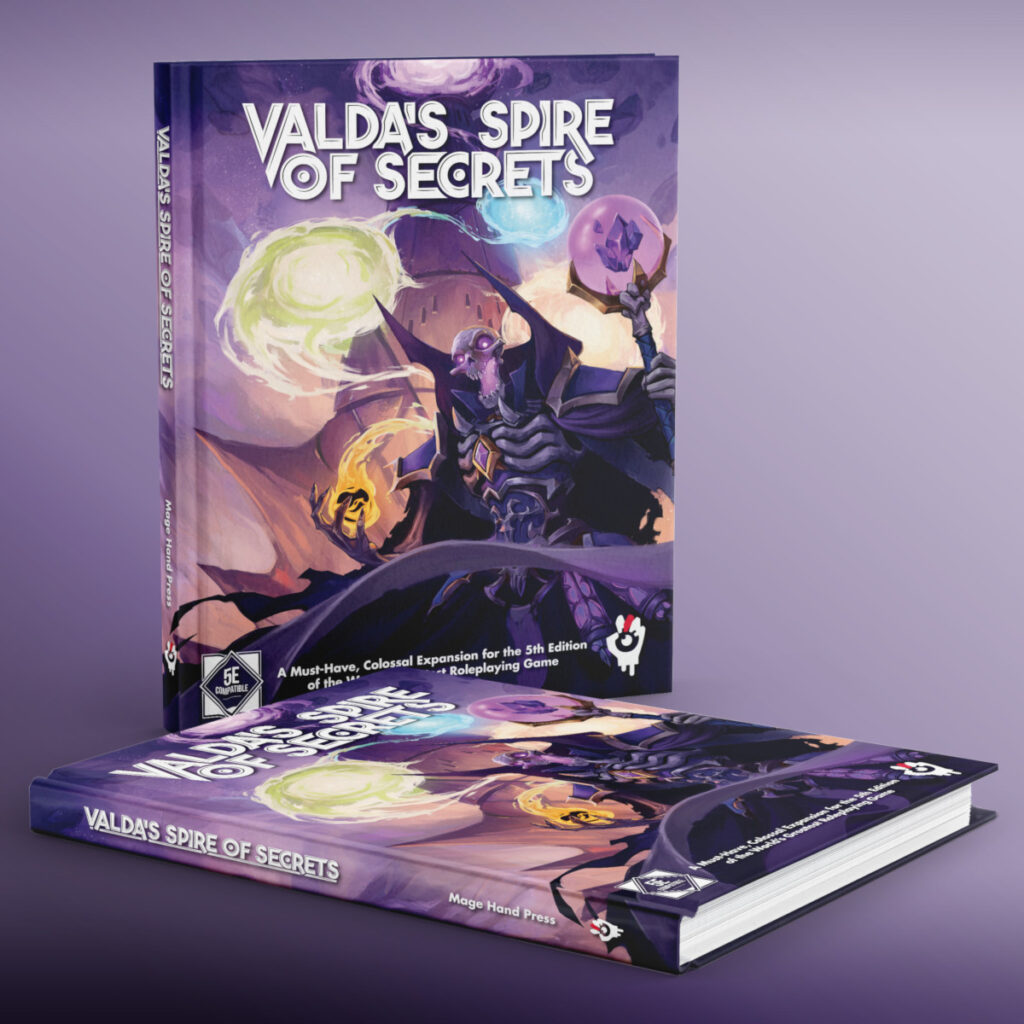This article is going to be less of a note of DM advice and more of a public service announcement about some of the way language is used in 5th edition, specifically with the use of keywords and similar types of terms.
Keywords
Anyone that’s cracked upon a Player’s Handbook at the middle and started reading is well aware from context that some words are special. Words like action, initiative, move, check, and save are specially defined terms in the rules, much like a variable might be defined in computer science or mathematics. It’s a word that fits seamlessly into English, but it carries with it strict mechanical definitions pertaining to the rules of the game. I hope haven’t said anything too surprising yet — there’s some interesting points to be made surrounding these keywords, however.
“Theme” Words
The 5th edition of D&D uses another type of term intermittently within the rules that’s less specifically defined, but plays a huge role in how easy the system is to understand, and being familiar these words can make a world of difference when describing your campaign world to players.
“Eldritch” is one such word. It’s not described within the rules as a keyword, but it’s only used in one particular context: warlocks. It’s used in the warlock’s Eldritch Invocations and in the cantrip eldritch blast, a key cantrip for the class. It’s connection is so ubiquitous, players would be excused for mistaking a DM’s outside use of the word ‘eldritch’ while describing something for reference to an actual warlock class feature.
The theme words don’t stop there — Barbarians make almost exclusive use of the words ‘primal’ and ‘rage’ in their descriptions, bards use ‘inspiration’, even though it’s a proper keyword, clerics and paladins share the word ‘divine’, and wizards get ‘arcane’. There’s basically a term for every class. Why does this seem to be the case?
The answer is quite clear: associating a word with a particular class, and especially with something that represents a key thematic division in the world, such as the division between a cleric’s ‘divine’ magic and a wizard’s ‘arcane’ magic, is a very useful shorthand to have, even it’s not defined within a mechanical keyword. Players can make leaps of logic towards correct understanding after reading only a few words in a title. For example, a feature called Primal Arcana probably has to do with rage, barbarians, and wizardry, but almost certainly doesn’t have anything to do with bards or paladins.
Making Your Own Words
Making your own keywords is challenging in a pre-defined system like 5th edition, but designing your own theme words for new organizations, types of magic, and other world divisions is very powerful for storytelling and homebrewing alike. By contrast, leaving a class or organization without an associated theme word can make a class completely unpalatable. (And the 5e ranger is a key example of this.)
Here’s some theme words that are already in use (italicized ones are significantly weaker in practice):
Barbarian: Primal, Rage
Bard: Inspiration
Cleric: Divine
Druid: Nature
Fighter: Martial
Monk: Martial Arts, Monastic
Paladin: Sacred, Aura
Ranger: Hunter (I guess…)
Rogue: Cunning, Sneak
Sorcerer: Power, Magic
Warlock: Eldritch
Wizard: Arcane
Here’s some that we the Digits have used to define our own classes a little more strongly:
Binder: Occult
Alchemist: Alchemical
Witch: Insidious (upcoming)
Try seeing what other thematic words you can find hidden in the game, and try making up a few of your own for your own campaign!
– – –
As always, if you have any questions, DMing-related or otherwise, feel free to contact us at middlefingerofvecna@gmail.com. And of course, like us on Facebook, follow us on Twitter, and support us on Patreon.



